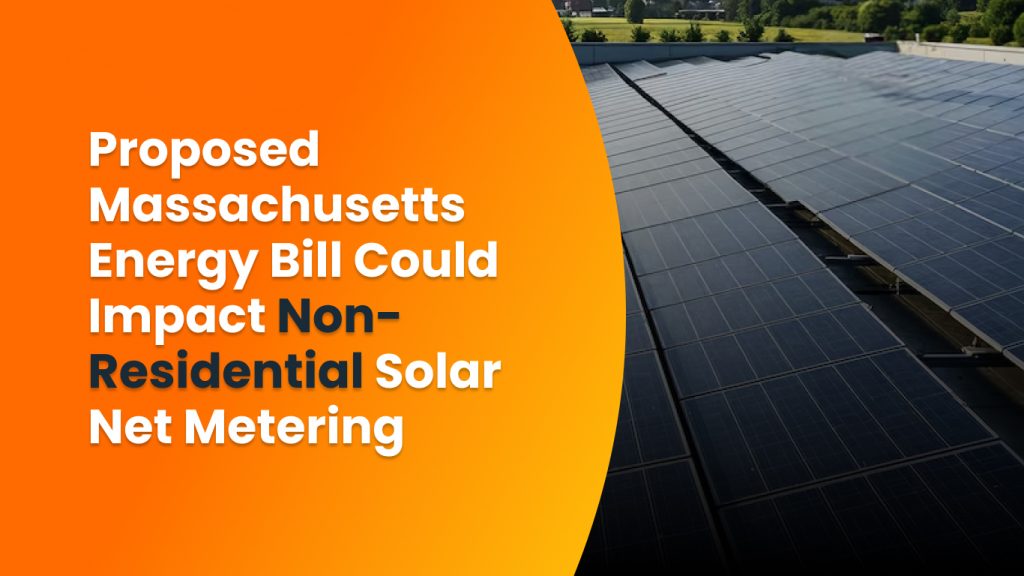Earlier this month, on May 13, Massachusetts Governor Maura Healey introduced sweeping new energy legislation that could reshape the state’s solar landscape. Titled the “Energy Affordability, Independence & Innovation Act,” the bill aims to reduce energy costs for residents and businesses while also pushing the state closer to its clean energy goals. However, some provisions of the proposal are raising concerns among clean energy advocates, particularly those supporting non-residential and community solar programs.
The bill includes several measures designed to modernize and streamline the state’s energy systems, according to Solar Power World One major change would empower the Massachusetts Department of Energy Resources (DOER) to directly procure new clean energy projects. Currently, this responsibility lies with utility companies, but the proposed shift could give the state more control over pricing, timelines, and project selection.
Massachusetts Interconnection Reforms to Accelerate Solar Adoption
In addition, the legislation would require utilities to revise their interconnection procedures. These updates aim to reduce the time and financial barriers customers face when connecting solar installations to the electric grid. Supporters argue that improving these processes is essential for meeting Massachusetts’ clean energy targets and supporting the growth of distributed solar energy systems.
However, not all aspects of the bill have been met with enthusiasm. A controversial section proposes reductions in net metering compensation for non-residential solar systems, including community solar projects. Net metering allows solar project owners to receive credits for excess electricity sent back to the grid, effectively lowering their utility bills. Reducing those credits could threaten the financial viability of many projects that serve municipalities, school districts, and low-income communities.
The Coalition for Community Solar Access (CCSA) responded critically to the proposed net metering changes, warning that the legislation could undermine years of progress made through programs like the Solar Massachusetts Renewable Target (SMART) Program. The group urged Governor Healey to reconsider this part of the bill.
“Some of the first community solar projects in the state, along with many projects that serve municipalities and local governments, utilize net metering. We are concerned that the proposals included in the Governor’s bill will halt the progress these and other solar programs, such as the Solar Massachusetts Renewable Target (SMART) Program, have helped create,” said Kate Daniel, Northeast Regional Director for CCSA, in a press statement. “By changing compensation rates of solar projects, Governor Healey is taking a step backward in bringing clean and affordable energy to Massachusetts residents.”
Supporters of the bill argue that reforming net metering is necessary to ensure that energy policy remains fair for all ratepayers, especially as solar penetration increases. They also point to the bill’s broader benefits, including enhanced state oversight of clean energy procurement and improved grid connection processes.
Still, the backlash from solar advocates suggests a growing tension between affordability and accessibility in the state’s clean energy transition. With Massachusetts aiming to achieve net-zero emissions by 2050, the debate over how to structure and incentivize solar development is expected to intensify.
As the bill moves through the legislative process, stakeholders from across the energy spectrum will be watching closely. Whether the final version includes changes to net metering could signal how the state balances its clean energy ambitions with financial equity for solar developers and consumers alike.

